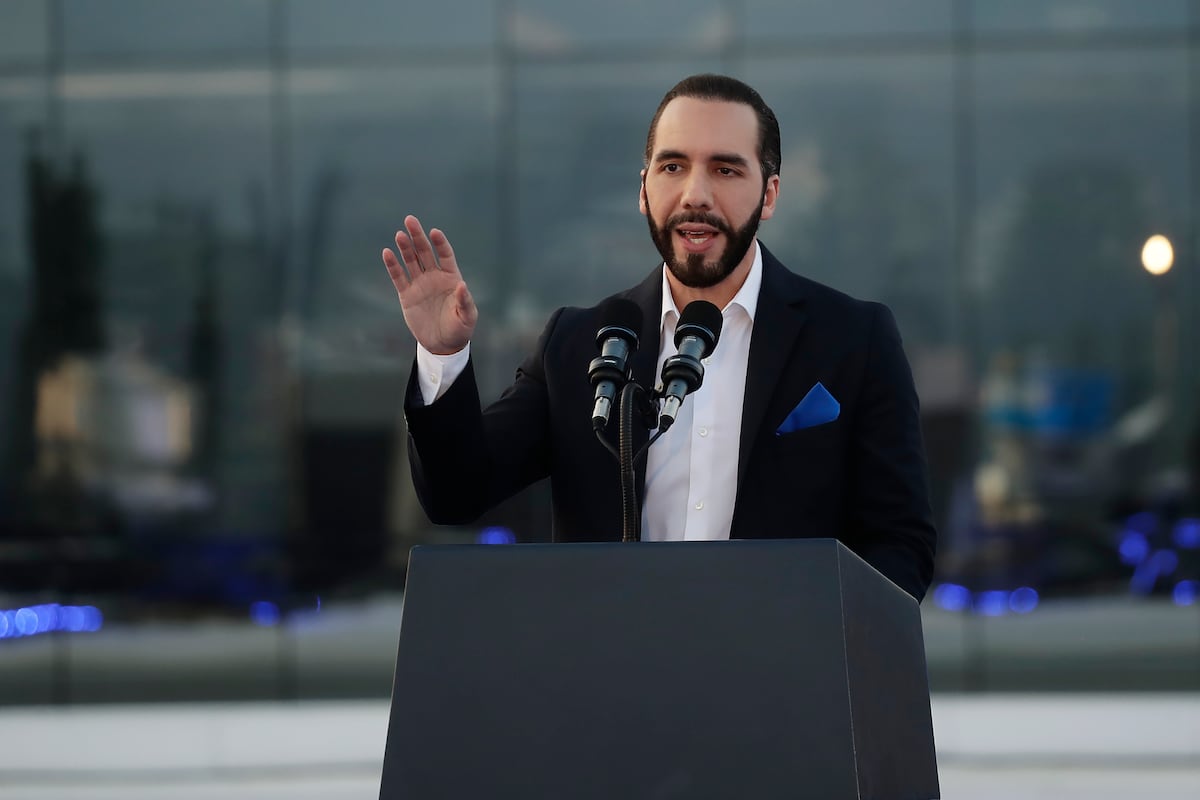On April 29, the deputies of President Nayib Bukele’s party, Nuevas Ideas, cheered and celebrated after unexpectedly approving a reform to article 248 of the Constitution. This change allows expedited modifications to the Fundamental Charter, which has been in place since 1983. The new legislature, starting on May 1, will only need to ratify the decision made. This paves the way for changes in how El Salvador is governed and potentially opens the door to indefinite re-election for Bukele.
The reform of article 248 was not initially on the agenda of the last session of the outgoing legislature. However, Nuevas Ideas deputies interrupted the session to make this modification. This mechanism of approving laws without consultation has been frequently used to fulfill Bukele’s aims. This change breaks a central lock in the Constitution that safeguarded the balance of powers and made it challenging to modify the Constitution.
Critics have accused the ruling party of self-seeking power and removing limits on power through this change to the Constitution. The opposition has raised concerns about the rapid changes being made without proper consideration or transparency. By allowing for possible indefinite re-election, this modification has shifted the political landscape in El Salvador significantly.
However, it is worth noting that not presenting these changes to citizens even during recent electoral campaigns violates Constitutional Chamber’s jurisprudence. This constitutional reform will allow changes to be made in a single legislature with a three-quarters majority. With nearly all seats in Parliament now held by Nuevas Ideas, Bukele will have the power to modify the Constitution at will.
This modification has significant implications for El Salvador’s future governance and potentially opens up new avenues for political power consolidation by President Bukele’s party. It remains uncertain how these changes will play out over time and what impact they will have on democratic processes and human rights in El Salvador.


